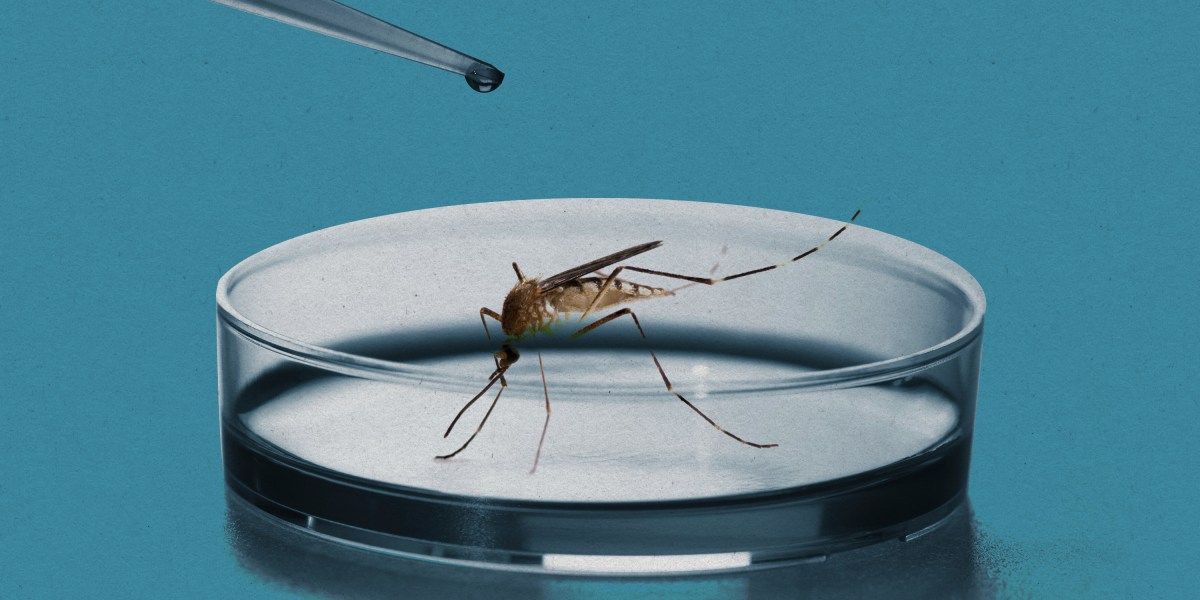Brazil is fighting dengue with bacteria-infected mosquitos

The World Mosquito Program is about to start construction on a mass rearing facility—the biggest in the world—in Curitiba. “And we believe that will allow us to essentially cover most of urban Brazil within the next 10 years,” Callahan says.
There are also other mosquito-based approaches in the works. The UK company Oxitec has been providing genetically modified “friendly” mosquito eggs to Indaiatuba, Brazil, since 2018. The insects that hatch—all males—don’t bite. And when they mate, their female offspring don’t survive, reducing populations.
Another company, Forrest Brasil Tecnologia, has been releasing sterile male mosquitoes in parts of Ortigueira. When these males mate with wild females, they produce eggs that don’t hatch. From November 2020 to July 2022, the company recorded a 98.7% decline in the Ades aegypti population in Ortigueira.
Brazil is also working on efforts to provide its citizens with greater immunity, vaccinating the most vulnerable with a new shot from Japan and working on its own home-grown dengue vaccine.
None of these solutions are a quick fix. But they all provide some hope that the world can find ways to fight back even as climate change drives dengue and other infections to new peaks and into new territories. ““Cases of dengue fever are rising at an alarming rate,” Gabriela Paz-Bailey, who specializes in dengue at the US Centers for Disease Control and Prevention, told the Washington Post. “It’s becoming a public health crisis and coming to places that have never had it before.”
Read more from MIT Technology Review’s archive
We’ve written about the World Mosquito Program before. Here’s a 2016 story from Antonio Regalado that looked at early excitement and Bill Gates’ backing of the project.
That same year we reported on Oxitec’s early work in Brazil using genetically modified mosquitoes. Flavio Devienne Ferreira has the story.
And this story from Emily Mullin looks at Google’s sister company, Verily. It built a robot to create Wolbachia-infected mosquitoes and began releasing them in California in 2017. (The project is now called Debug).






